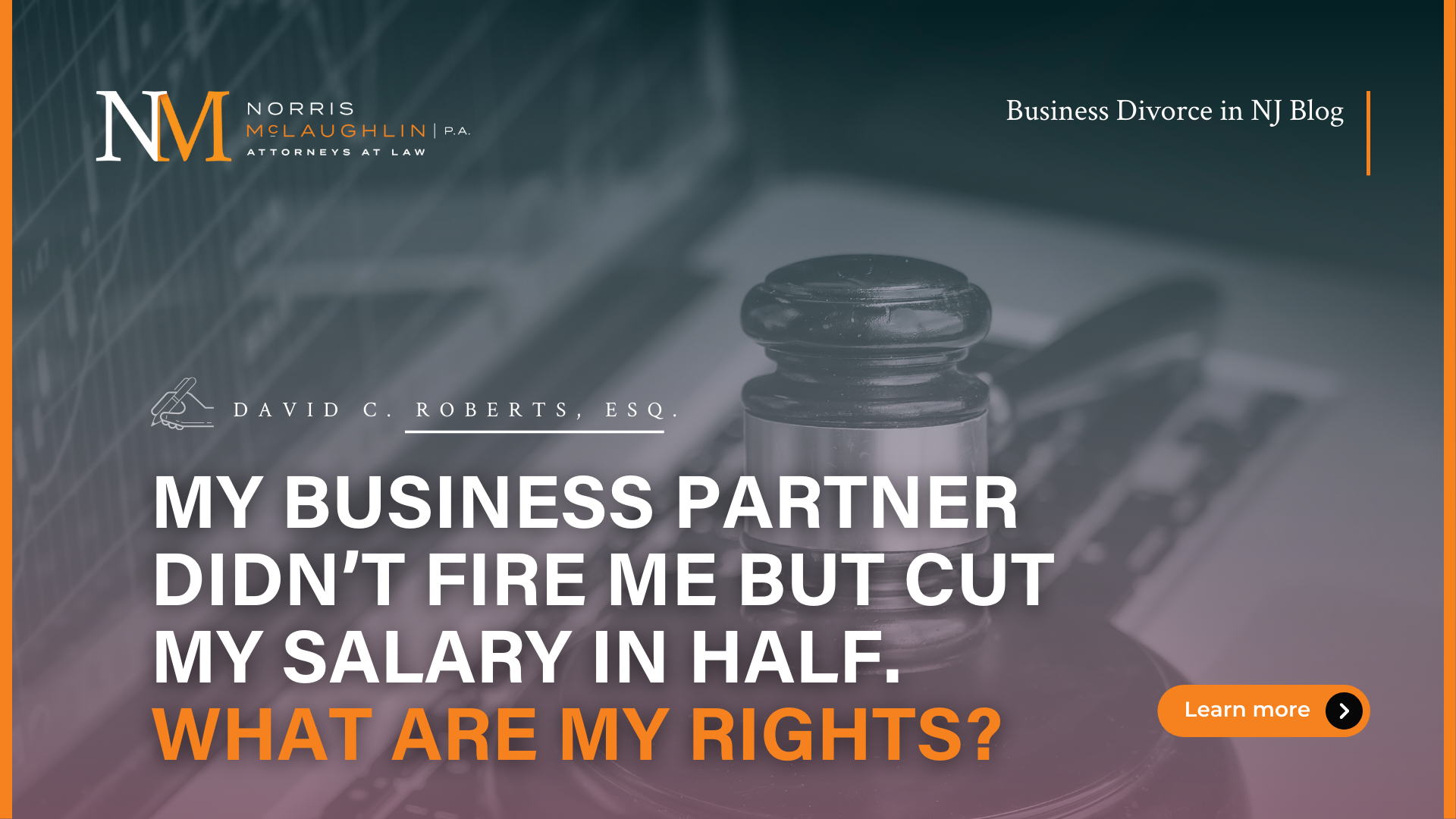When Do You Have “Enough” Facts to File Business Divorce Litigation?

Many times, minority shareholders have a suspicion, but no direct knowledge, of the majority shareholder(s) improper behavior. For example, what if you believe the majority shareholders are improperly running all their expenses through the company but don’t have any proof?
First, let’s examine how and why this could be considered shareholder (or member, in the case of an LLC) oppression under New Jersey law. For example, if these expenses amount to $300,000 over several years, and you are a one-third shareholder, the majority shareholder has essentially “stolen” your proportionate share of that money – in this case, $100,000. This single act could also be deemed oppression, because if those expenses were deducted from the company’s taxes – as they surely were – then the majority shareholder is putting the company (and your investment) at risk by effectively committing tax fraud.
Now, what do you do if you aren’t sure this is happening, but you strongly believe it is? As a minority owner, you are entitled to see certain financial documents in both a corporation and an LLC under New Jersey law. If an attorney acting on your behalf is unable to convince the majority owners to share even the most basic financial documentation, this alone could be grounds for filing a suit.
A lawsuit cannot be a mere fishing expedition where you have no idea what is happening, but you want to see documents to find out if you might have cause to file for business divorce litigation. But that does not mean you cannot file suit until you know all the facts. In many instances, you are entitled to make general allegations based on information and belief you have, and then supplement your knowledge with documents obtained during discovery in the lawsuit.
While you don’t want to risk wasting money on legal fees based on unfounded suspicion, you also should not let the perfect be the enemy of the good. An experienced business divorce attorney can help you determine when you have enough facts to go on; then you can get the rest during the case. But if you wait…and wait …the majority shareholder will argue that you knew about and “acquiesced” in whatever they were doing, which could make your case even more difficult to prove.
If you think you are being taken advantage of, go ahead and see an attorney; all you risk is an initial consultation. Often, when a business owner’s gut tells them something is wrong, something is wrong.
If you have any questions about this post or any other related business law matters, please feel free to contact me at dcroberts@norris-law.com.




